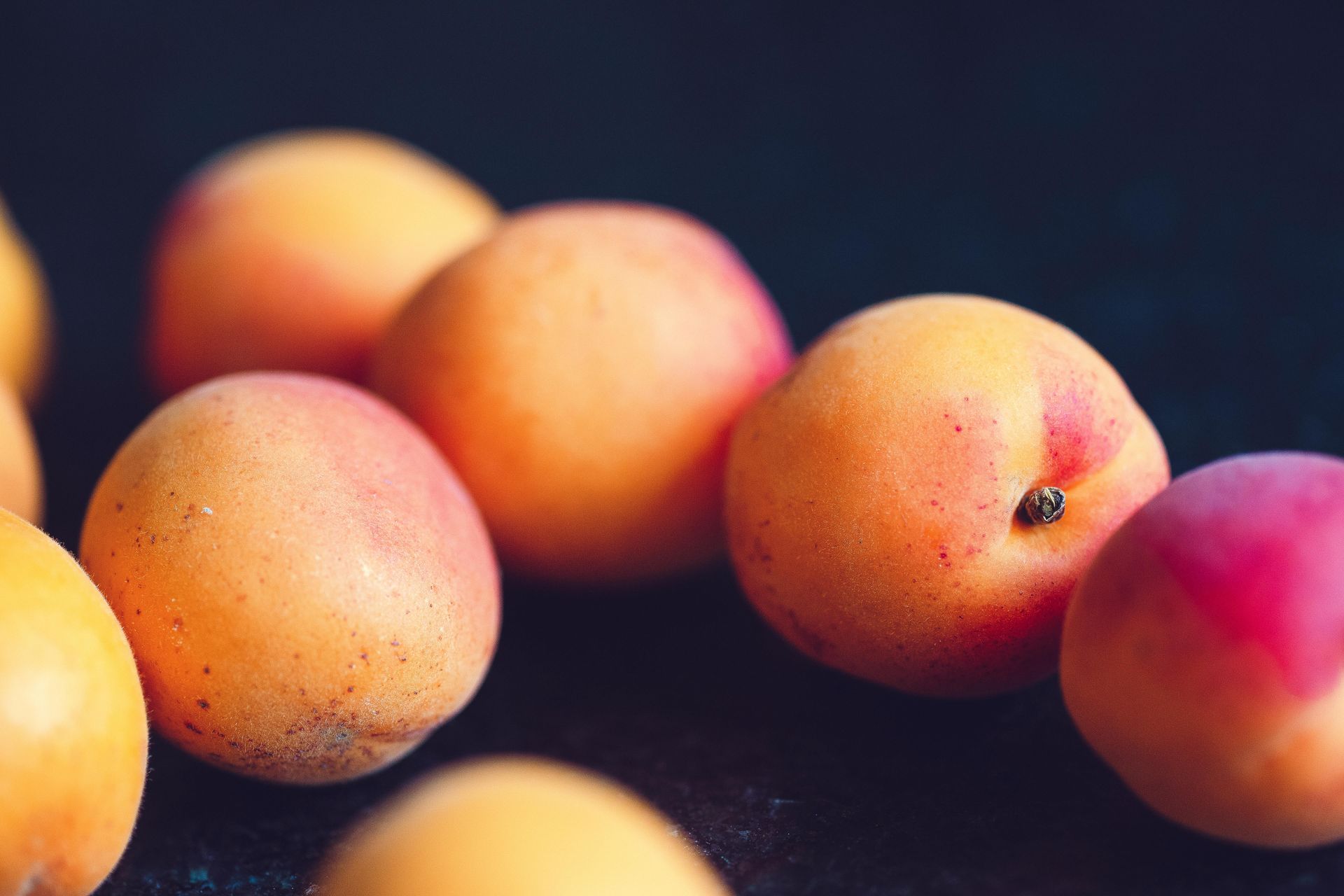Viral disinfection lowdown –Threats, immunities, and jabs
If you’ve been wondering if and when the next tranche of covid jabs is due for vulnerable people, there’s a story that’ll interest you: Moderna's improved mRNA covid vaccine is doing an excellent job at lower doses. It looks a lot like babies aged 4 months to 2 years old who have had covid may be more likely to suffer a certain type of diabetes. And covid antibodies could provide partial immunity to SARS and MERS. Let’s explore.
‘Streamlined’ Moderna covid vaccine proves a winner
The new, streamlined version of Moderna’s covid vaccine has been proven to be effective at lower doses than the original jabs and lasts twice as long in the fridge.
The first human trial gave people just a tenth of the standard dose, and the reaction was just as good as a full dose. Named mRNA-1283, the results are very encouraging. Now the new vaccine has entered the late-stage clinical trial stage.
Apparently studies prove that the most effective covid antibodies attach themselves to one of just two important places on the spike protein. One site is the place that sticks to human cells. When an antibody binds to it, it can’t stick to our cells. So there’s actually no need to generate antibodies to fight the rest of the spike protein.
The new vaccine mRNA-1283 is a two-jab vaccine. Half the mRNA coding attacks key sites from the original covid virus, the other half deals with the BA.4 and BA.5 omicron subvariants. When more variants arise, it can be tweaked to target them. In the meantime, the most recent mRNA boosters being rolled out in the UK are likely to be stockpiled vaccines that were created to target older variants.
Covid could mean a bigger risk of diabetes in kids
We’ve seen a clear rise in diabetes cases linked to covid, and we still don’t understand the mechanism that makes it happen. Is covid linked to a higher risk of Type 1 diabetes in babies and toddlers? It looks like it could be.
Sometimes the human body can develop an autoimmune response, producing unhelpful autoantibodies that attack the body. If there’s a lot of them they can go on to trigger the onset of Type 1 diabetes, which means the body can’t make enough insulin. Children aged 4 months to 2 years look like they’re more likely to have antibodies that attack the cells that make insulin when they’ve had covid, suggesting viral infections can lead to the disease.
The team studied 885 children 4 months and 2 years old, all of whom had a small risk of developing the problematic autoantibodies. 170 of the children had covid antibodies, which meant they’d had covid at some point. Those with covid antibodies had double the risk of developing problem autoantibodies, and children who’d had a case of covid before 18 months of age had a 5-10 times bigger risk.
There’s a chance that vaccinating children from 6 months of age might stop the autoimmunity problem, and that’s what the scientists will be looking into next.
Do covid antibodies make us partly immune to SARS and MERS?
SARS and MERS are a lot more dangerous than covid. On the bright side it looks like people who’ve either had covid or been vaccinated against it might get partial protection against ‘most’ other coronaviruses.
In 2002 a SARS outbreak in China killed one in ten people before it was stopped. MERS can kill 1 in 3 of us, making it very dangerous. The team members who made the discovery are delighted. While the level of immunity can’t prevent infection, it will probably protect us against serious illness and death.
When you catch a cold you’re only immune to that very specific cold coronavirus. So the scientists aren’t sure why a covid infection provides much wider immunity to other coronaviruses. As one of the team said,
“I think the pandemic changed a lot. A lot of us have circulating antibodies that cross-react and a lot of us have immune memory that can cross-react.”
The study might help create new vaccines giving stronger-than-ever protection against the entire family of coronaviruses, and that would be truly amazing – the perfect complement to our highly reliable, fast and efficient UVC virus-killer technologies.










